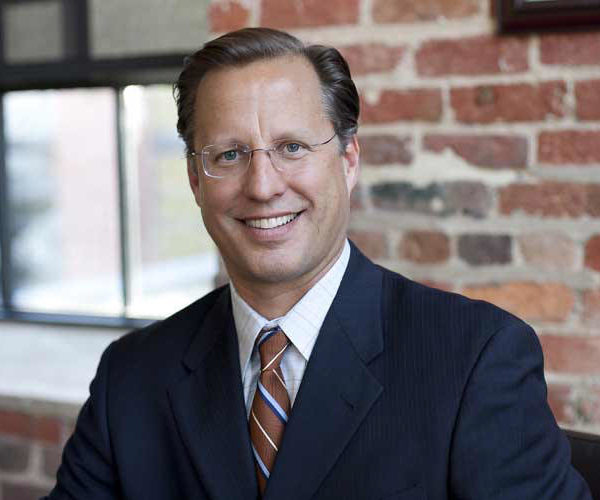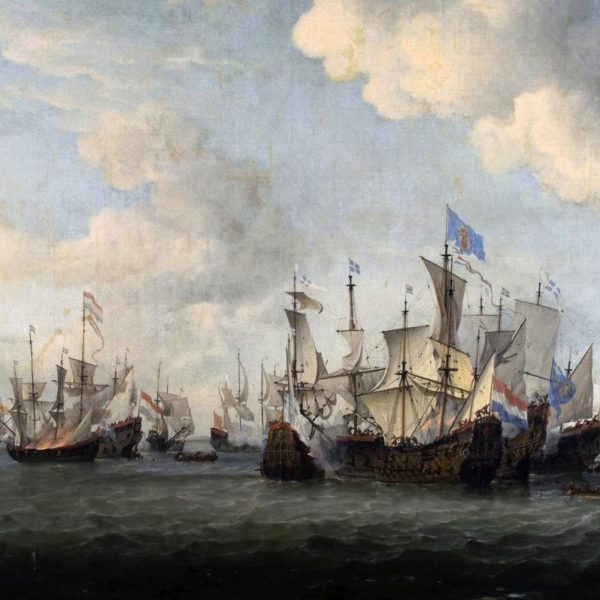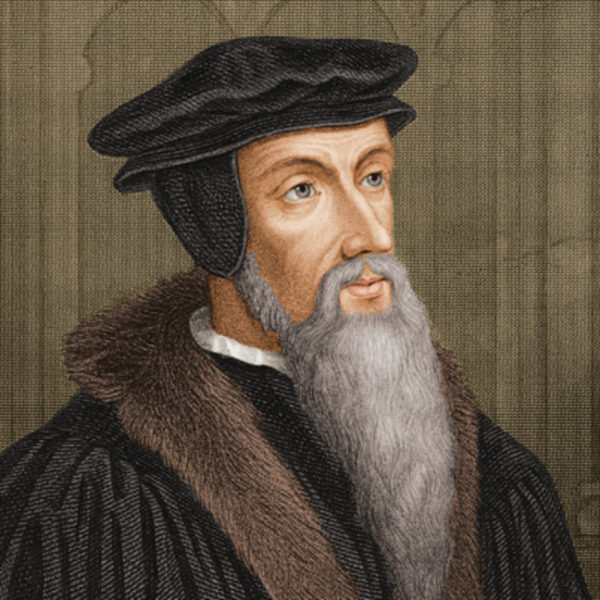
David Brat’s upset of Eric Cantor in Virginia’s District Seven congressional race last week generated waves of buzz, with no small stir churning in the Christian blogosphere. Although political upstarts, especially those that identify as conservative Christians, always tend to create a storm of media buzz, the close attention to Brat is perhaps more justified than most. As I hope will become clear in this brief profile of Brat’s scholarship and political theology, Brat’s somewhat bewildering and seemingly idiosyncratic synthesis of theology and economics illustrates the tensions endemic to the increasingly-libertarian sectors of the Christian Right.

For the sake of the following argument, I would like to grant the premises of Max Weber’s idealist argument: religion and culture (superstructure) are causative agents in socio-economic change. As is well known, Weber argued that Calvinism acted as a crucial vanishing mediator for capitalism. It provided the cultural, behavioural and religious framework that enabled capitalism to establish itself and gain ground.
Viewed in the light of liberal commitments, Calvin’s chief error appears to be his presumption that the civil magistrate has not only the right, but the duty, to use his coercive office to enforce “piety.” As Calvin argues, the political ruler must recognize his duty “to cherish and protect the outward worship of God, to defend sound doctrine of piety and the position of the church” and to “form our social behavior to civil righteousness,” thus promoting social peace (Institutes 4.20.2). To liberals, of course, this appears dangerously intrusive.
In recent years, a number of theologians and legal historians have argued that the early modern Reformed tradition was a significant source for the development of various liberal doctrines. Scholars such as Nicholas Wolterstorff, David Little, and John Witte have traced modern doctrines of individual rights and the separation of church and state back to various Calvinist thinkers. Witte has been the most prolific, writing dozens of articles and several books on the topic over the past couple decades.
